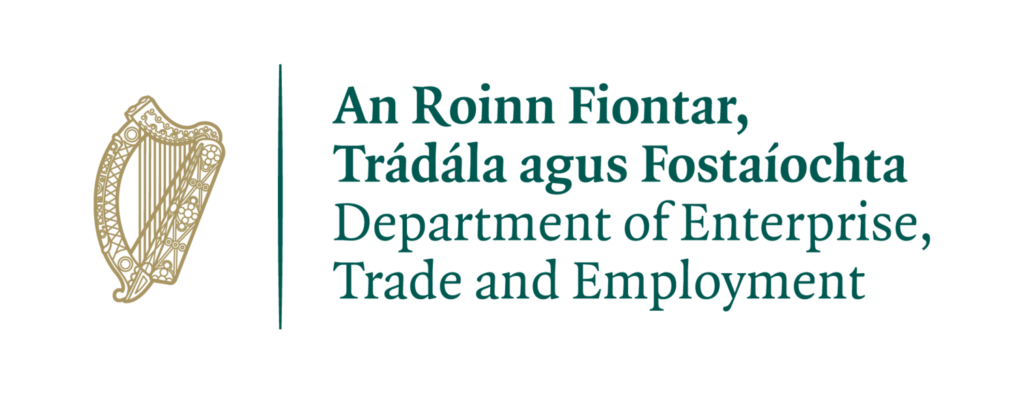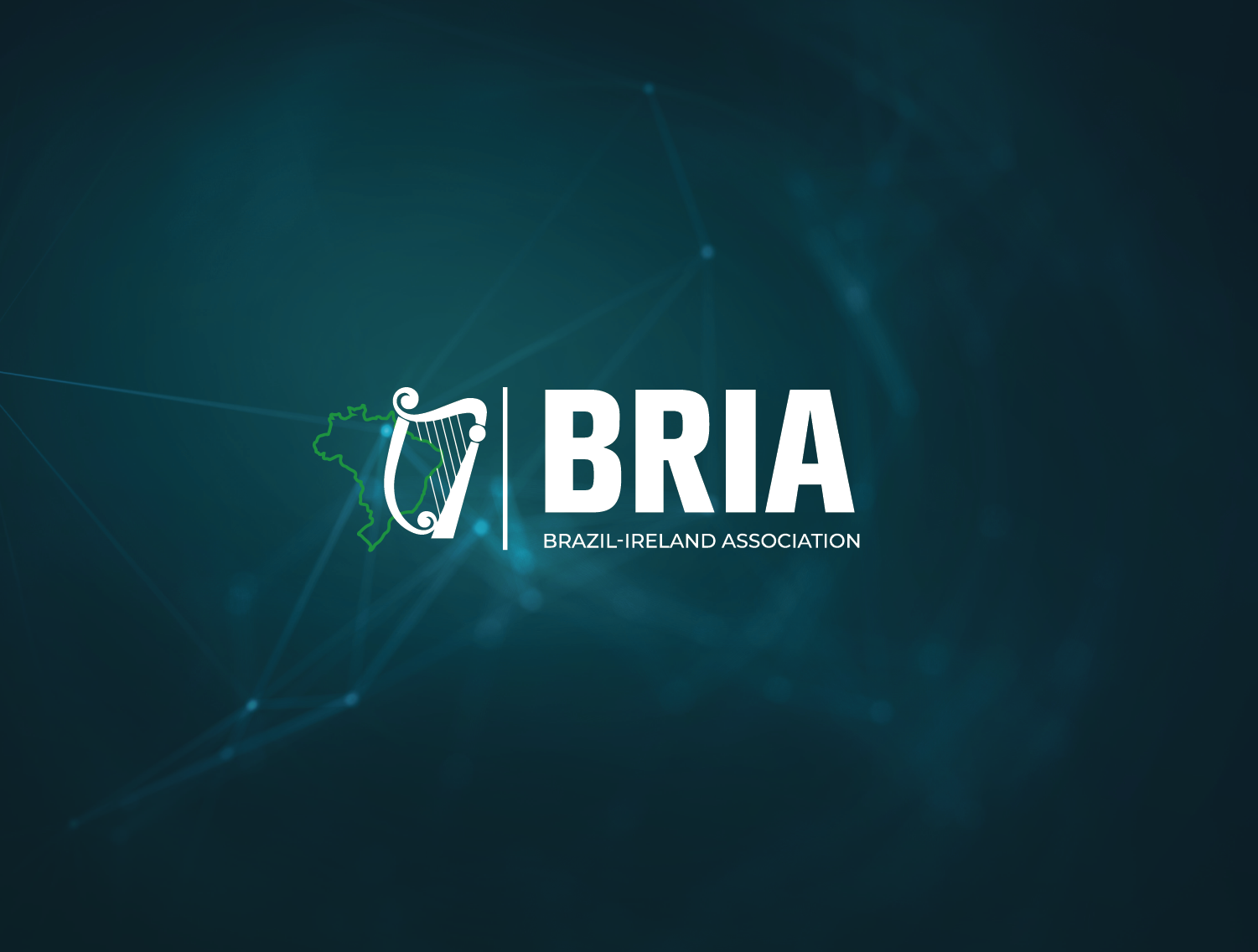Registration Process for Professionals in Ireland
Learn how to register to work in Ireland, how to validate overseas degrees, and which are the official websites and useful links for each profession.
Choose the profession here:
How to Become a Doctor in Ireland
To become a doctor in Ireland, you typically begin by completing a medical degree, which can either be a direct entry program (5-6 years) after secondary school or a graduate-entry program (4 years) if you already hold a degree. Following your degree, you must complete a one-year internship in a hospital, after which you register with the Medical Council of Ireland. Once registered, doctors usually undergo further postgraduate training in a speciality, which can take several years depending on the field. This training involves working as a junior doctor and progressing through specialist training programs until becoming a fully qualified consultant or GP.
To register for an overseas medical degree and work as a doctor in Ireland, you need to go through the Medical Council of Ireland’s recognition and registration process. First, ensure your degree is from a medical school listed in the World Directory of Medical Schools. Then, apply for registration through one of the Medical Council’s divisions: General, Specialist, or Trainee Specialist. Depending on your qualifications and experience, you may need to provide additional documents such as proof of internships or clinical experience. If your qualifications are not automatically recognized (typically for non-EU/EEA graduates), you may have to pass a Pre-Registration Examination System (PRES) to assess your medical knowledge. Once approved, you can be added to the Medical Council’s register and apply for positions as a doctor in Ireland.
Medical Council of Ireland: The main regulatory body for the medical profession in Ireland. Provides all the necessary information regarding registration, applications, and requirements. [Medical Council](https://www.medicalcouncil.ie)
Irish Medical Organisation (IMO): A professional organization that supports doctors and provides information about career development and advocacy.
[IMO](https://www.imo.ie)
Health Service Executive (HSE): The body responsible for delivering public health and social care services in Ireland, including job opportunities for doctors.
[HSE Careers](https://www.hse.ie/eng/staff/resources/recruitment/)
How to Become a Nurse in Ireland
To become a nurse in Ireland, you typically need to complete a nursing degree, which usually takes four years and can be obtained through universities or institutes of technology. There are different nursing disciplines, including general nursing, psychiatric nursing, and intellectual disability nursing, so you should choose a program that aligns with your interests. After graduating, you must register with the Nursing and Midwifery Board of Ireland (NMBI) to practice. This involves submitting your qualifications and meeting any additional requirements set by the NMBI. Once registered, you can seek employment in various healthcare settings, and many nurses also pursue further training or specialization throughout their careers.
To register for an overseas nursing degree to work as a nurse in Ireland, you must first ensure that your nursing qualification is from a recognized institution listed by the Nursing and Midwifery Board of Ireland (NMBI). Next, gather the required documents, including your nursing degree, transcripts, proof of clinical experience, and a certificate of good standing from your regulatory body. Apply the NMBI, along with the necessary fees. The NMBI will assess your qualifications and may require proof of English language proficiency. If your qualifications do not fully meet their standards, you might need to complete an Aptitude Test. Once approved, you can register with the NMBI and seek employment in various healthcare settings in Ireland.
Nursing and Midwifery Board of Ireland (NMBI): All information regarding registration, qualifications recognition, and resources for international applicants. [NMBI](https://www.nmbi.ie)
Irish Nursing and Midwifery Organisation (INMO): A professional body that provides support, resources, and advocacy for nurses in Ireland.
[INMO](https://www.inmo.ie)
Department of Health: Information related to nursing and healthcare policies in Ireland.
[Department of Health](https://www.gov.ie/en/organisation/department-of-health/)
Health Service Executive (HSE): Official site offering information regarding job opportunities in the health care system in Ireland.
[HSE Careers](https://www.hse.ie/eng/staff/resources/recruitment/)
How to Become a Psychologist in Ireland
To become a psychologist in Ireland, you typically need to follow a structured educational path. First, obtain an undergraduate degree in psychology, which is usually a three- or four-year program accredited by the Psychological Society of Ireland (PSI). Next, you must pursue a postgraduate qualification, such as a master’s or a doctoral degree in psychology, depending on your chosen area of specialization (e.g., clinical, educational, or counselling psychology). After completing your postgraduate training, you need to gain practical experience through supervised placements and internships. Finally, to practice as a psychologist, you must register with the PSI and, for certain roles, may need to meet additional requirements set by the Health and Social Care Professionals Council (CORU).
To register for an overseas psychology degree to work as a psychologist in Ireland, you must first ensure that your degree is recognized by the Psychological Society of Ireland (PSI). Start by applying for recognition of your qualifications, including your academic transcripts and details about your training. If your degree meets the necessary standards, you may need to complete additional assessments or coursework to align with Irish requirements. Once your qualifications are approved, you can register with the PSI. If you intend to work in a specific area of psychology, such as clinical psychology, you may also need to meet further requirements set by the Health and Social Care Professionals Council (CORU) and gain relevant supervised experience before practising.
Psychological Society of Ireland (PSI): The leading professional body for psychology in Ireland, providing resources on registration and membership. [Psychological Society of Ireland] (https://www.psychologicalsociety.ie)
The Qualifications Recognition section of the Quality and Qualifications Ireland (QQI) is responsible for assessing qualifications from outside Ireland. More information can be found on their website: [QQI – Recognition of Foreign Qualifications](https://www.qqi.ie/Articles/Pages/Recognition-of-Foreign-Qualifications.aspx)
CORU is Ireland’s multi-profession health regulator. Please check the website for more information https://www.coru.ie/health-and-social-care-professionals/
How to Become a Solicitor and Barrister in Ireland
To become a solicitor in Ireland, you typically need to complete a law degree (LLB) or a relevant degree followed by a graduate diploma in law, such as the Law Society’s Postgraduate Diploma in Legal Studies. After this, you must undertake a 2-year apprenticeship (traineeship) with a practising solicitor and complete the Professional Practice Course (PPC) at the Law Society. Upon completion, you can apply for admission to the Roll of Solicitors.
To become a barrister, you must also hold a law degree or equivalent and complete the Barrister-at-Law degree at the King’s Inns, which includes practical training. Afterwards, you must complete a period of pupillage (devilling) under the supervision of an experienced barrister. Once you meet all requirements, you can apply for admission to the Bar of Ireland.
To register for an overseas law degree to work as a solicitor or barrister in Ireland, you must first have your qualifications recognized by the appropriate regulatory bodies. For solicitors, submit your degree and relevant documents to the Law Society of Ireland for assessment. If your qualifications meet their standards, you may need to complete a conversion course or additional exams before starting a traineeship. For barristers, you should apply to the Honorable Society of King’s Inns for recognition of your law degree; if accepted, you will need to complete the Barrister-at-Law degree and undergo a period of pupillage. In both cases, ensure you meet any specific requirements set by the respective bodies to proceed with your legal training and practice in Ireland.
Law Society of Ireland: The main body regulating solicitors in Ireland, providing detailed information on registration and qualification.
[Law Society of Ireland](https://www.lawsociety.ie)
Bar of Ireland (King’s Inns): Provides resources for prospective barristers, including information on admission and training.
[King’s Inns](https://www.kingsinns.ie)
How to Become a Dentist in Ireland
To become a dentist in Ireland, you typically need to complete a dental degree, which is usually a five-year program offered by a recognized university. After earning your degree, you must register with the Dental Council of Ireland to practice. This involves providing proof of your qualifications and meeting any additional requirements, such as English language proficiency if applicable. Following registration, you may choose to pursue further specialization through postgraduate training in various dental fields, which can take an additional number of years. Once qualified, you can work in various settings, including private practices, hospitals, or community health services.
To register for an overseas dental degree to work as a dentist in Ireland, you must first have your qualifications recognized by the Dental Council of Ireland. Start by applying along with the required documents, including your dental degree, transcripts, proof of clinical experience, and a certificate of good standing from your current regulatory body. If your qualifications are deemed equivalent to those obtained in Ireland, you may need to pass the Overseas Registration Examination (ORE) to demonstrate your competency. Once you complete any necessary examinations and your qualifications are approved, you can register with the Dental Council and begin practising as a dentist in Ireland.
Psychological Society of Ireland (PSI): The leading professional body for psychology in Ireland, providing resources on registration and membership. [Psychological Society of Ireland] (https://www.psychologicalsociety.ie)
Dental Council of Ireland: The primary regulatory body for dentists in Ireland, which provides guidance on registration, application forms, and assessment processes. [Dental Council of Ireland](https://www.dentalcouncil.ie)
International Qualifying Exam (IQE): Detailed information about the IQE process, including eligibility criteria, is available on the Dental Council’s website. IQE Information](https://www.dentalcouncil.ie/education/international-qualifying-examination)
Irish Dental Association: A professional organization that can provide additional resources and support for dentists in Ireland.
[Irish Dental Association](https://www.irishdentalassociation.ie)
How to Become a Architecture in Ireland
To become an architect in Ireland, you typically need to complete a recognized architecture degree, which usually involves a five-year Bachelor of Architecture (BArch) program followed by a two-year Master of Architecture (MArch) program. After obtaining your degree, you must gain practical experience through a minimum of two years of professional practice under the supervision of a registered architect. Following this, you can apply for registration with the Royal Institute of Architects of Ireland (RIAI) by passing the RIAI’s professional practice exam. Once registered, you are legally entitled to use the title of architect and can work in various sectors, including private practice, public sector, or in multidisciplinary teams. Continuous professional development is also encouraged to maintain your skills and knowledge in the field.
To register for an overseas architecture degree to work as an architect in Ireland, you must first have your qualifications recognized by the Royal Institute of Architects of Ireland (RIAI). Begin by submitting an application that includes your degree, transcripts, and details of your architectural experience. The RIAI will assess whether your education and training meet their standards for registration. If your qualifications are deemed equivalent, you may need to complete a period of adaptation or pass an examination to demonstrate your competency in Irish architecture practices. Once approved, you can register with the RIAI, allowing you to use the title of architect and practice in Ireland.
Psychological Society of Ireland (PSI): The leading professional body for psychology in Ireland, providing resources on registration and membership. [Psychological Society of Ireland] (https://www.psychologicalsociety.ie)
Dental Council of Ireland: The primary regulatory body for dentists in Ireland, which provides guidance on registration, application forms, and assessment processes. [Dental Council of Ireland](https://www.dentalcouncil.ie)
To practice as an architect in Ireland, you must register with the Royal Institute of Architects of Ireland (RIAI). For this, your foreign degree must be recognized as equivalent to an Irish degree in architecture. Visit the RIAI website for information on registration requirements and procedures: Official Website for Registration, RIAI (https://www.riai.ie).
How to Become a Physiotherapist in Ireland
To become a physiotherapist in Ireland, you typically need to complete a recognized undergraduate degree in physiotherapy, which usually takes four years. These programs are accredited by the Irish Society of Chartered Physiotherapists (ISCP) and include both theoretical and practical components. After graduating, you must register with the ISCP to practice as a chartered physiotherapist. This involves submitting your qualifications and meeting any additional requirements, such as proof of English language proficiency if applicable. Many physiotherapists also choose to pursue further specialization through postgraduate courses or training to enhance their skills and career opportunities.
To register for an overseas physiotherapy degree to work as a physiotherapist in Ireland, you must first ensure that your qualifications are recognized by the Irish Society of Chartered Physiotherapists (ISCP). Begin by submitting an application that includes your degree, transcripts, details of your clinical experience, and a certificate of good standing from your current regulatory body. The ISCP will assess whether your education and training meet their standards for registration. If your qualifications are deemed equivalent, you may need to complete additional assessments or examinations to demonstrate your competency in physiotherapy practice. Once approved, you can register with the ISCP, allowing you to practice as a chartered physiotherapist in Ireland.
Irish Society of Chartered Physiotherapists (www.iscp.ie) and the Health and Social Care Professionals Council (www.hcpc.ie).
How to Become a Engineer in Ireland
To become an engineer in Ireland, you typically start by completing a relevant undergraduate degree in engineering, which usually takes four years and should be accredited by Engineers Ireland. After obtaining your degree, you can gain practical experience through a graduate training program or employment in an engineering role. To achieve professional status, you will need to become a member of Engineers Ireland, which may involve completing a period of structured professional development and demonstrating your competencies. For those aspiring to work in specific engineering disciplines, further specialization or postgraduate study may also be beneficial. Once you meet all requirements, you can apply for Chartered Engineer status, enhancing your professional recognition and career prospects.
To register for an overseas engineering degree to work as an engineer in Ireland, you must first ensure that your qualifications are recognized by Engineers Ireland. Begin by applying for recognition, including your degree, transcripts, and details of your engineering experience. Engineers Ireland will assess whether your qualifications align with their standards and may require additional documentation or exams. If your degree is recognized, you can apply for membership with Engineers Ireland, which may involve demonstrating your competencies through a professional development plan. Once you complete all necessary steps and are accepted, you will be able to practice as an engineer in Ireland and pursue further professional status, such as Chartered Engineer.
Engineers Ireland: The primary professional body for engineers, which provides detailed guidelines on membership, qualification recognition, and registering as an engineer.
[Engineers Ireland]
Engineers Ireland – International Recognition: This section of their website outlines the process for recognizing foreign qualifications and information for overseas applicants.
[International Recognition]
Latest News and Updates:
Department of Justice

- Notice for Beneficiaries of Temporary Protection and Employerson 13 de fevereiro de 2026
The Irish Minister for Justice, Home Affairs & Migration has extended immigration permissions for all people who are Beneficiaries of Temporary Protection […]

- Upcoming Citizenship Ceremony – Tuesday 14th and Wednesday 15th of April 2026on 6 de fevereiro de 2026
The next ceremonies are taking place on Tuesday 14th and Wednesday 15th of April 2026 at the INEC, Killarney, Co. Kerry. Please do not contact us in this […]

- ISD announce extension to Travel Confirmation Noticeon 30 de janeiro de 2026
Immigration Services are currently experiencing a backlog in processing registrations. Following the completion of a registration, it may take a further two […]
Latest News and Updates:
Department of Enterprise, Trade and Employment

- Minister Burke welcomes Europe’s first ever Masters in Circuit Design at Maynooth Universityon 20 de fevereiro de 2026

- Ireland launches I-C3, the National Competence Centre in Semiconductors for startups and SMEson 17 de fevereiro de 2026
F.A.Q.

About Us
Our main goal is to assist Brazilian professionals in Ireland in overcoming the challenges faced in seeking employment, career progression, and integration into the Irish job market.
Our initiative aims to provide a support network, resources, and professional development opportunities for the Brazilian community, promoting integration and strengthening the professional profile of Brazilians in the country.

